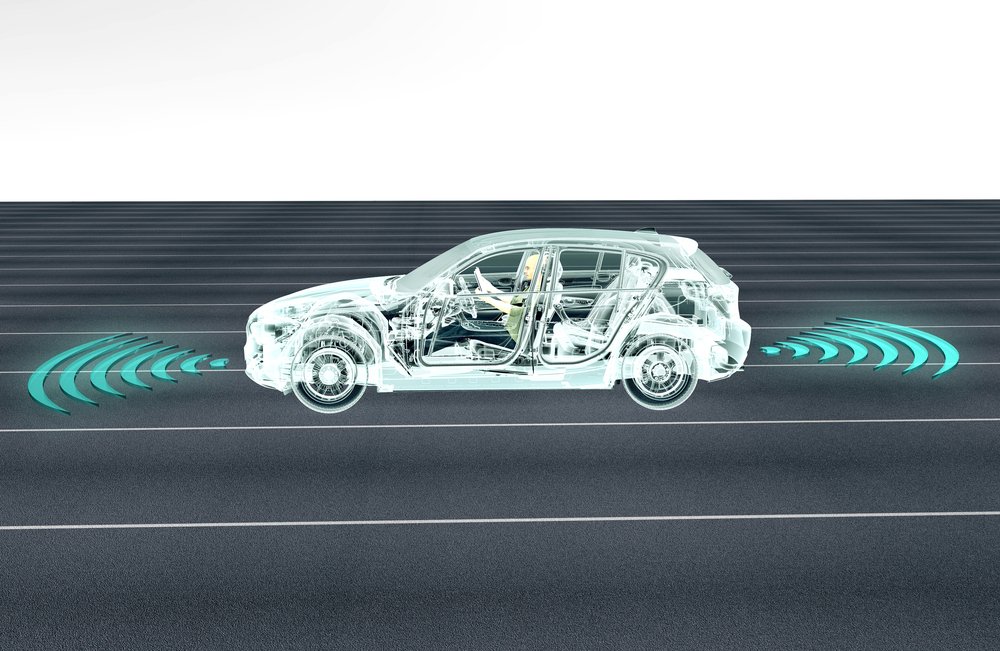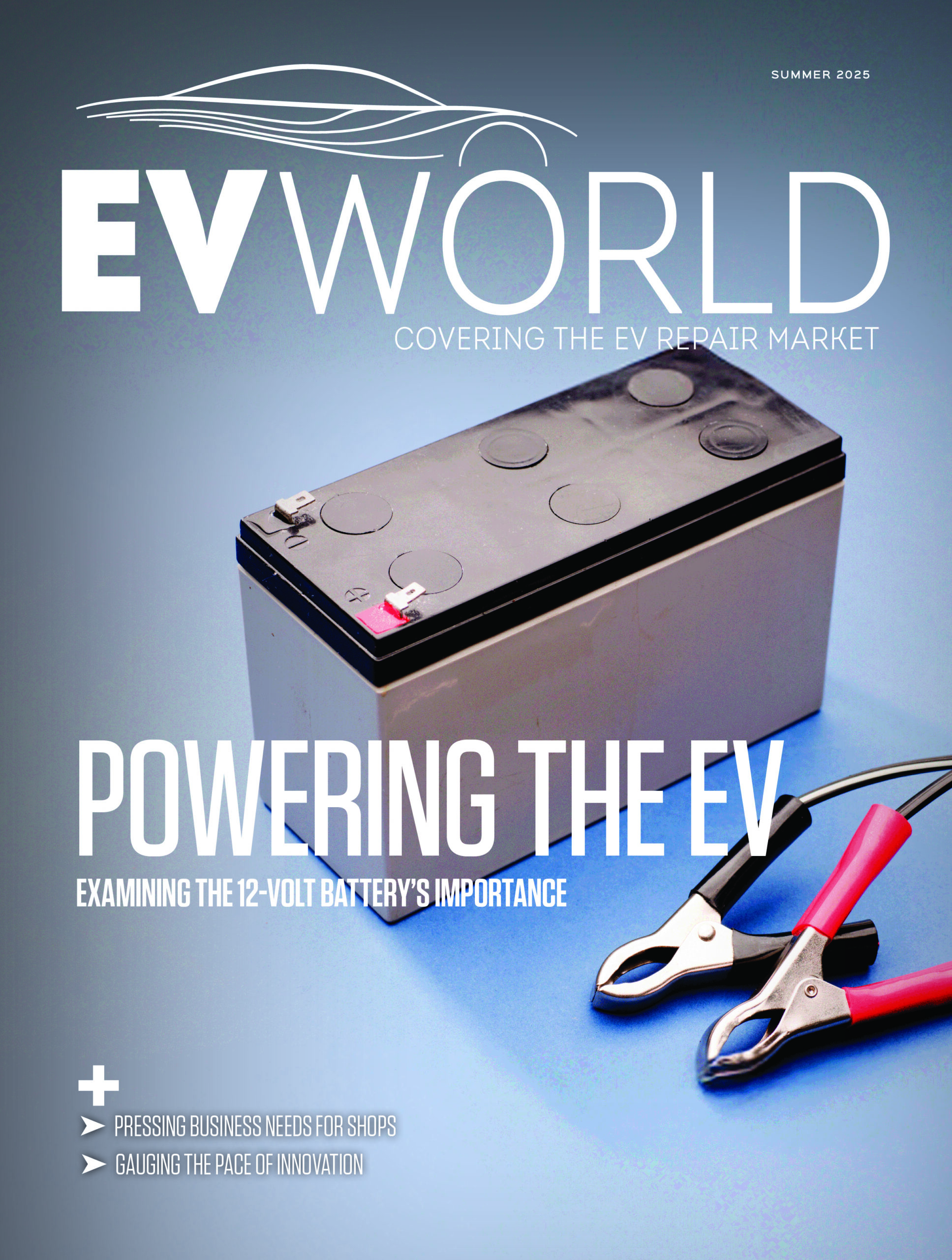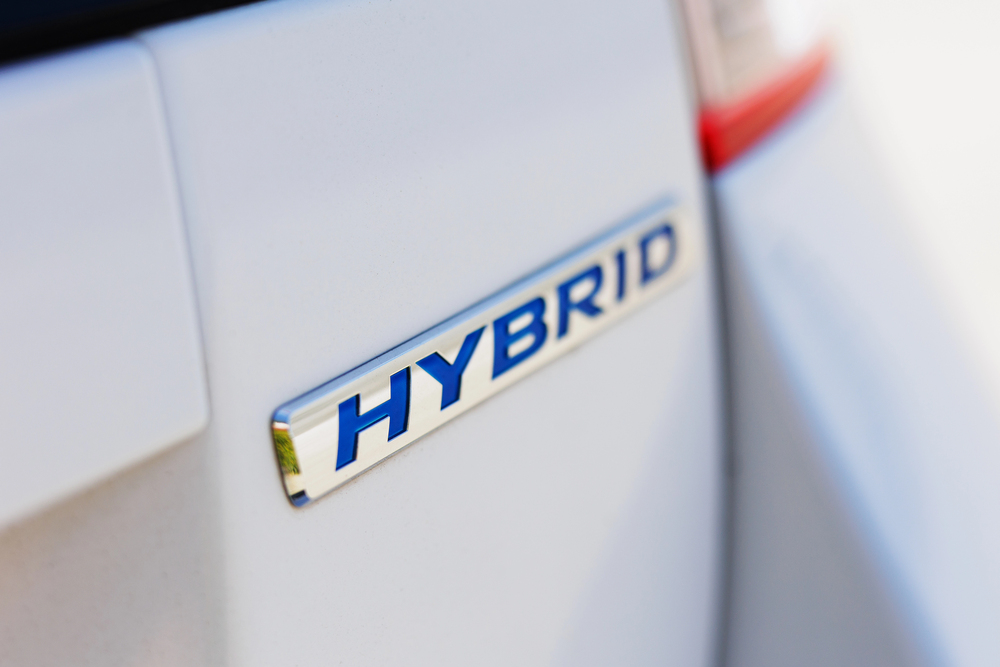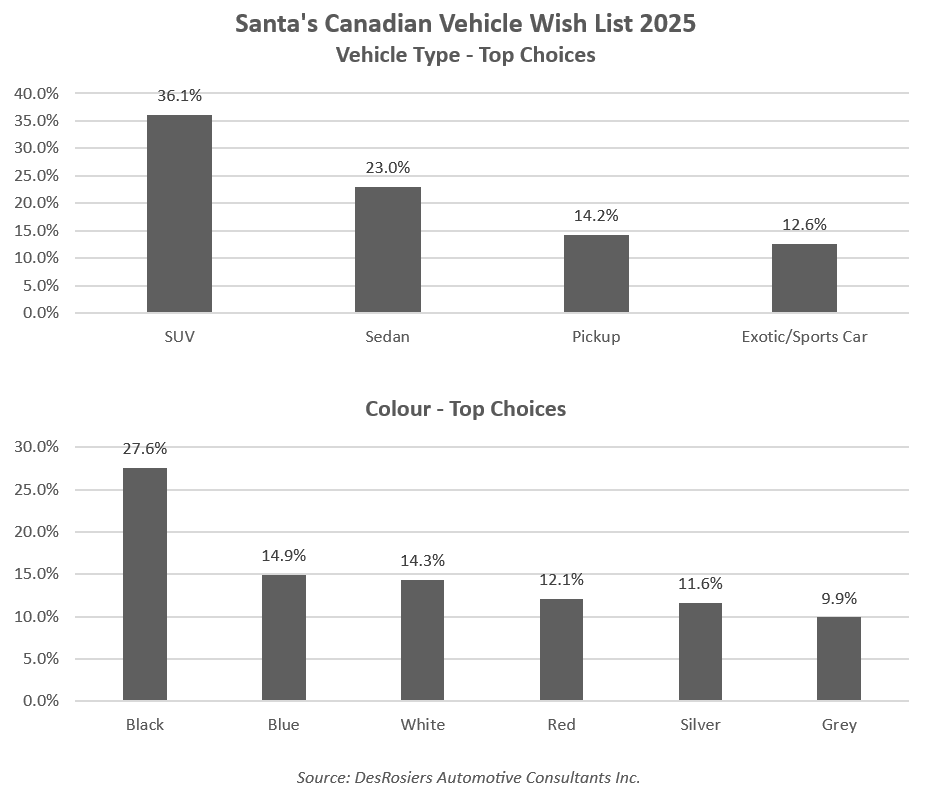
A new report tracking consumer sentiment shows growing resistance to autonomous vehicles and a sharp decline in Tesla’s brand perception, even as Toyota rises to the top of the EV leaderboard.
The latest Electric Vehicle Intelligence Report found a shifting landscape in the electric and autonomous vehicle space. While interest in EVs remains strong among some groups, the broader public is increasingly skeptical of self-driving technology with Tesla bearing the brunt of that backlash.
More than three-quarters of consumers say they’re unwilling to ride in a robotaxi, and 43 per cent believe the technology should be illegal. Even Tesla’s “Full Self-Driving” feature is under fire, with 60 per cent of respondents calling it unsafe and nearly half saying it should be banned outright.
Despite Elon Musk’s recent efforts to step back from politics, Tesla’s brand trust and positivity scores continue to slide, with more consumers now viewing the company negatively than positively.
J.D. Power’s 2025 Canada Electric Vehicle Consideration Study showed that many Canadians have soured on the Tesla brand. During a presentation of the findings, J.D. Ney, director of J.D. Power’s Canadian automotive practice, pointed out Tesla’s dramatic drop in consumer consideration, falling to eighth place overall thanks to a 16-point decline in brand consideration.
Meanwhile, other EV brands are gaining ground. Lucid and Rivian are seeing modest gains in consumer sentiment, but it’s Toyota that’s made the biggest leap. Now included in the EVIR due to its growing market share, Toyota leads in nearly every consumer metric — from trust and safety to family-friendliness and overall brand positivity. Honda, Chevrolet, and Ford also rank highly, particularly among consumers considering an EV purchase.
J.D. Power also noted that traditional automakers now lead the pack in Canadians’ brand consideration.
The Electric Vehicle Intelligence Report also highlighted a disconnect between consumer interest in EVs and their concerns. Among those open to buying an EV, top motivators include saving on gas, environmental benefits and the convenience of home charging. But barriers remain: Range anxiety, lack of charging infrastructure, and high prices are the most commonly cited concerns. Nearly half of all consumers say EVs are still too expensive, and many are unsure about the technology itself.
Autonomous vehicles face even steeper challenges. While younger, urban and higher-income consumers are more open to the idea of robotaxis, no demographic group shows majority support. Most consumers say they would never allow their own vehicle to be used as a self-driving taxi, and only a small fraction say they’ve tried one and would do it again.
Image credit: Depositphotos.com













Leave a Reply